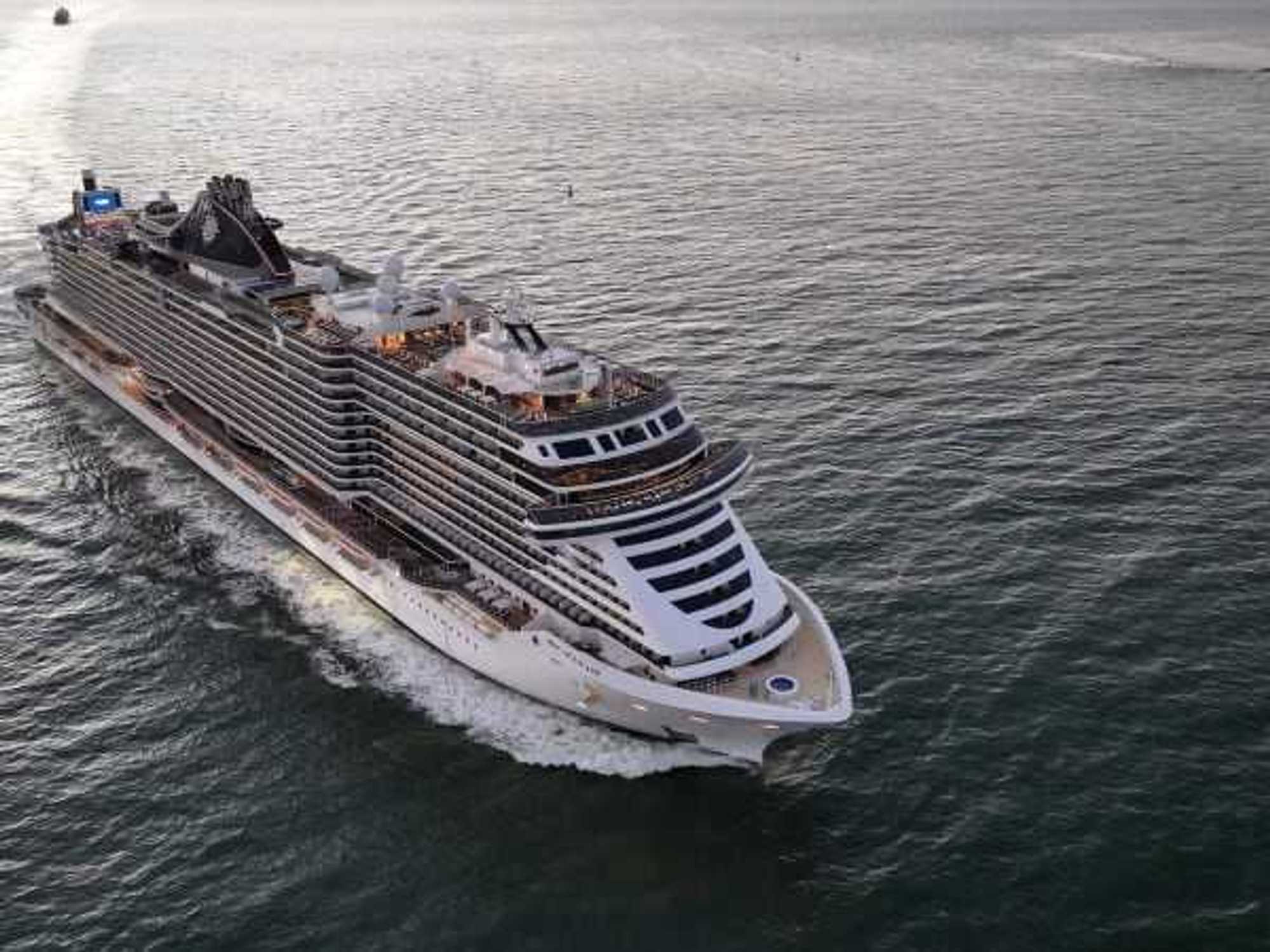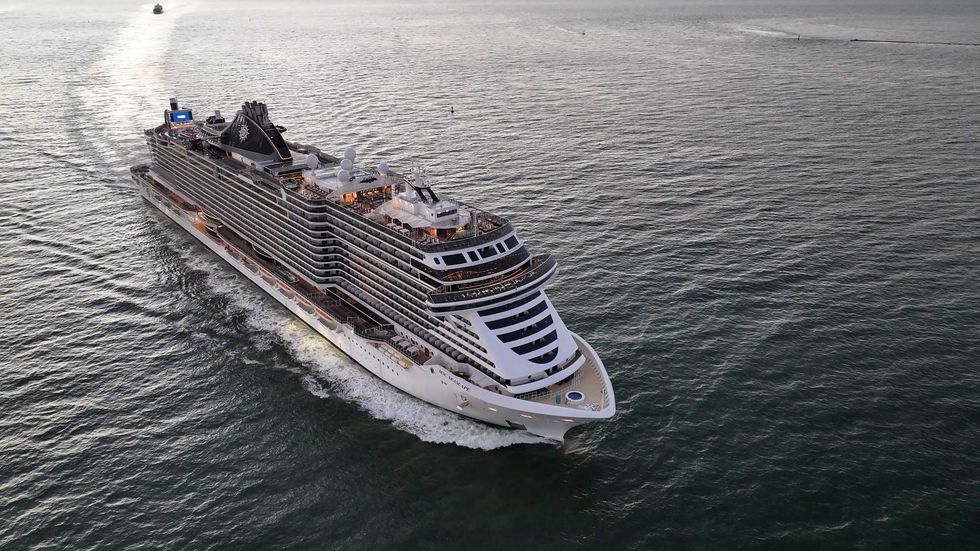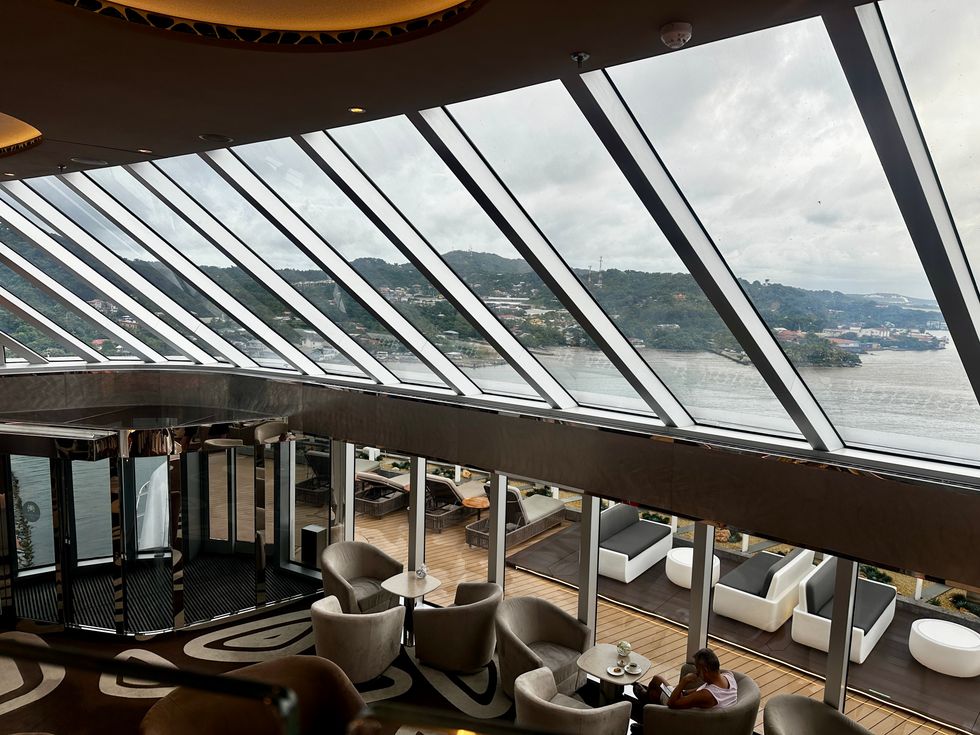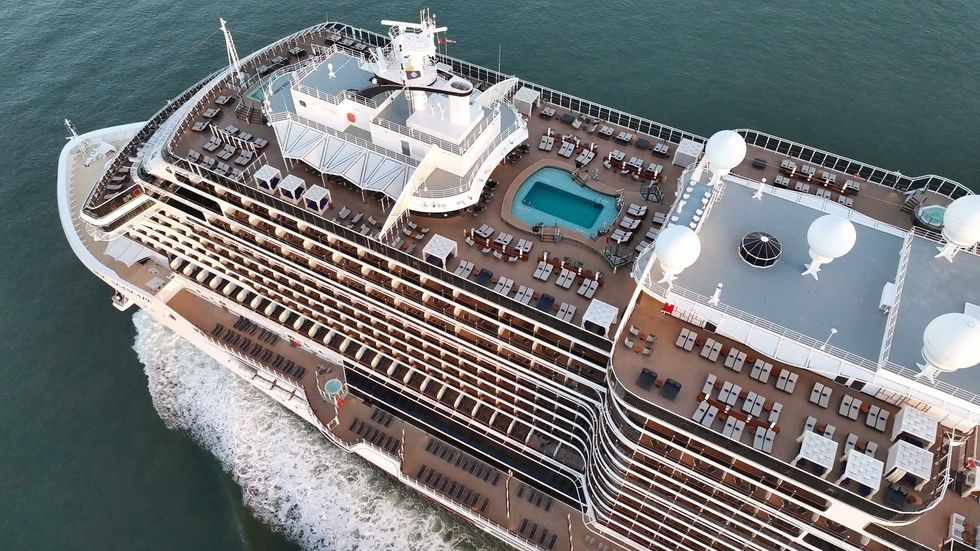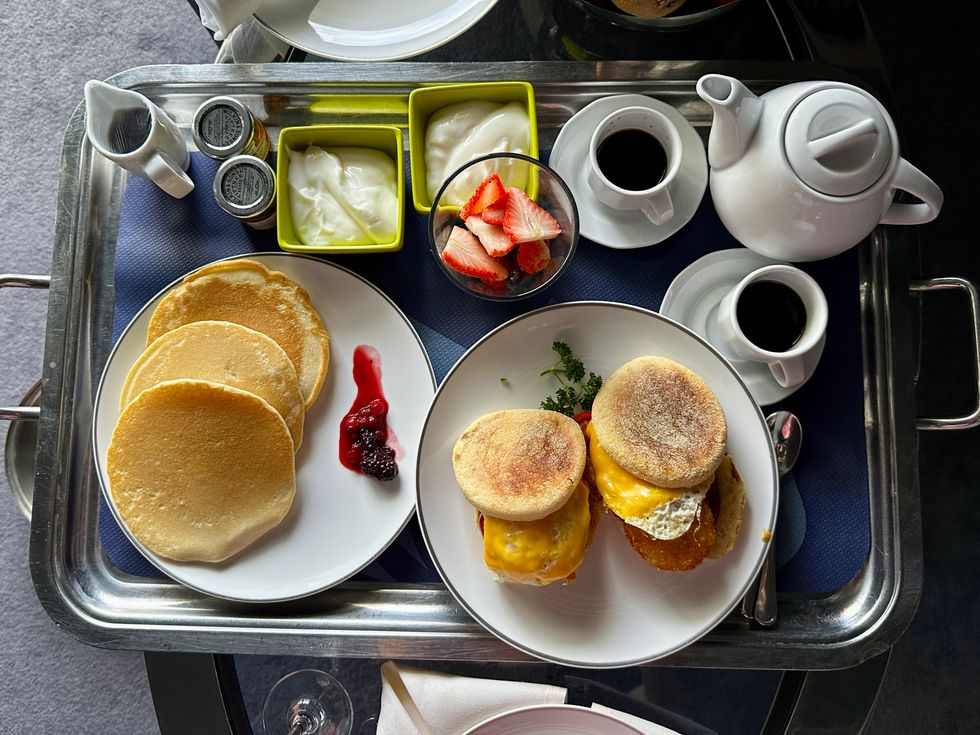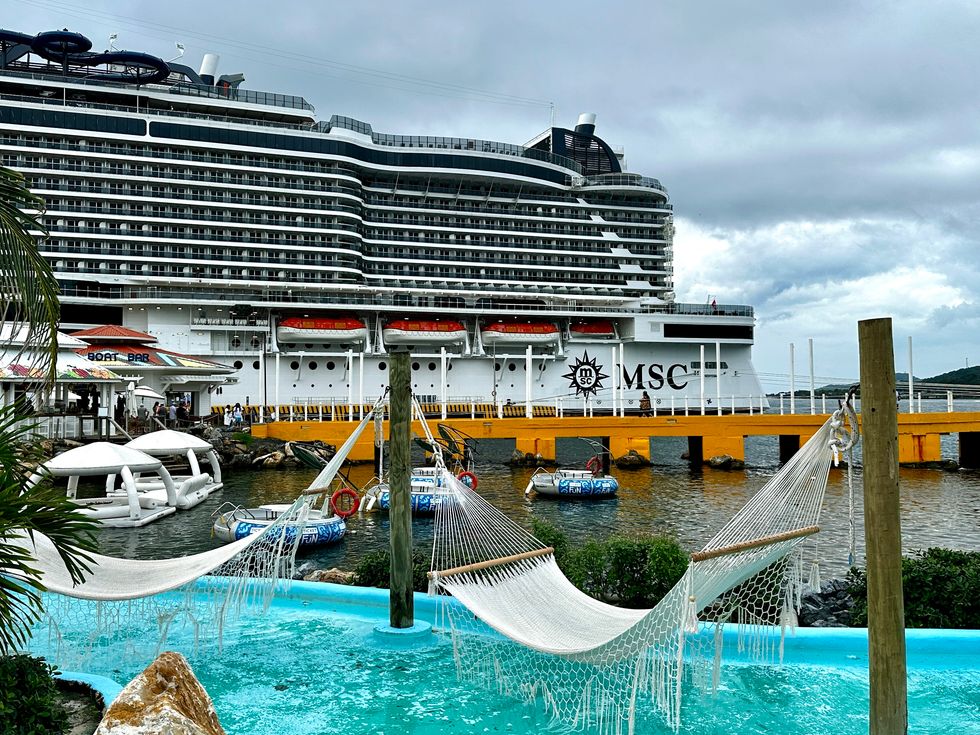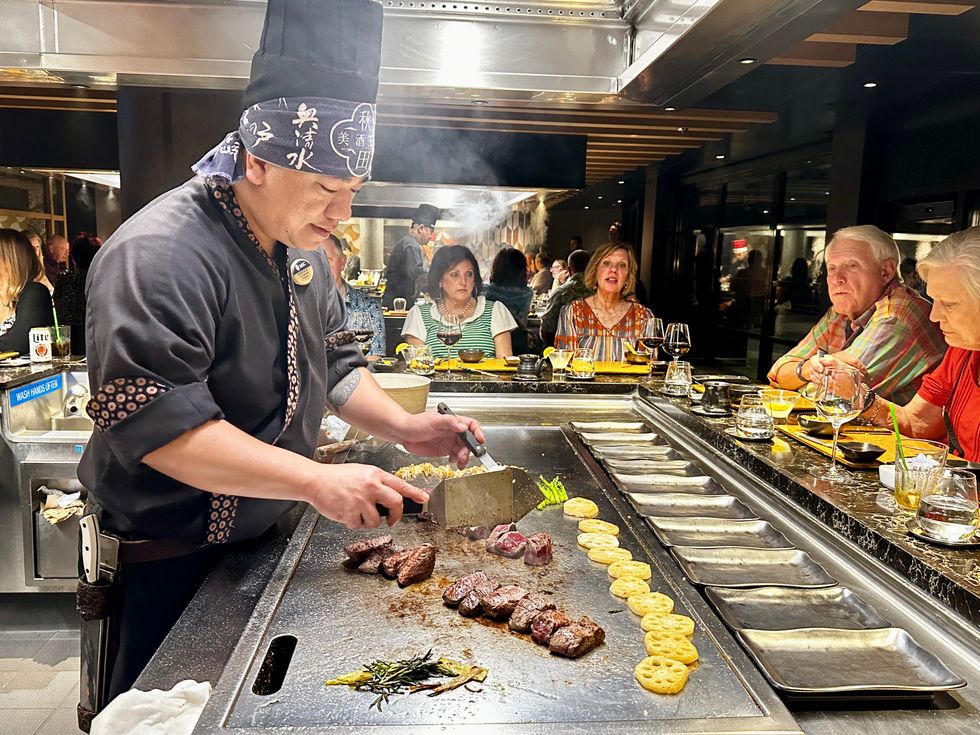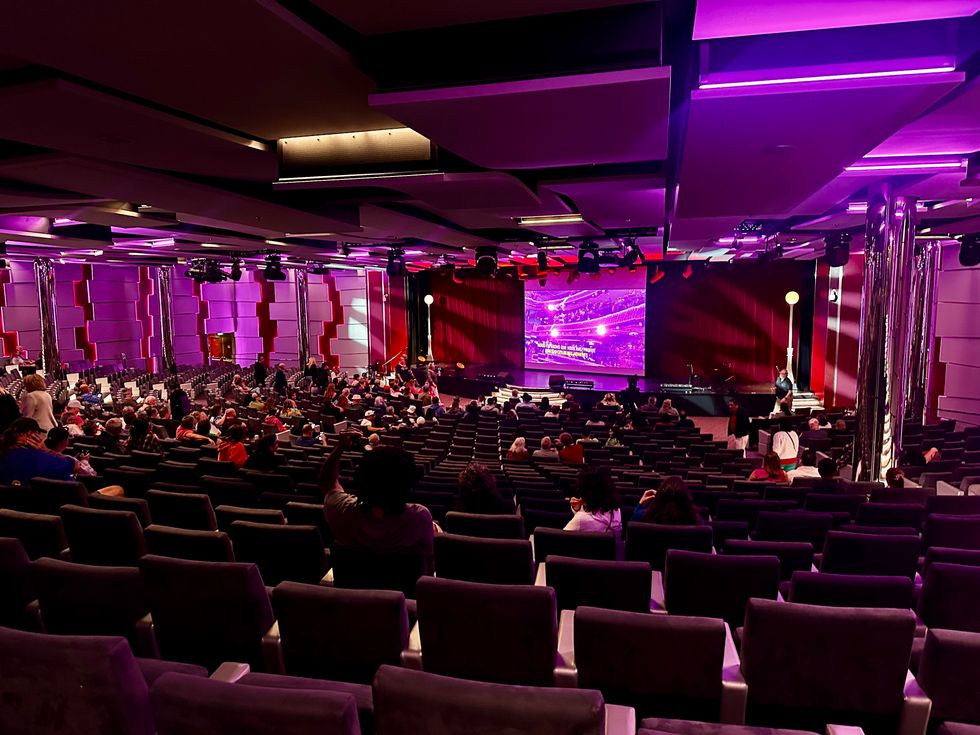Leaving the house
Texas 'flexcations' and 'boondocking' among top travel trends for 2021
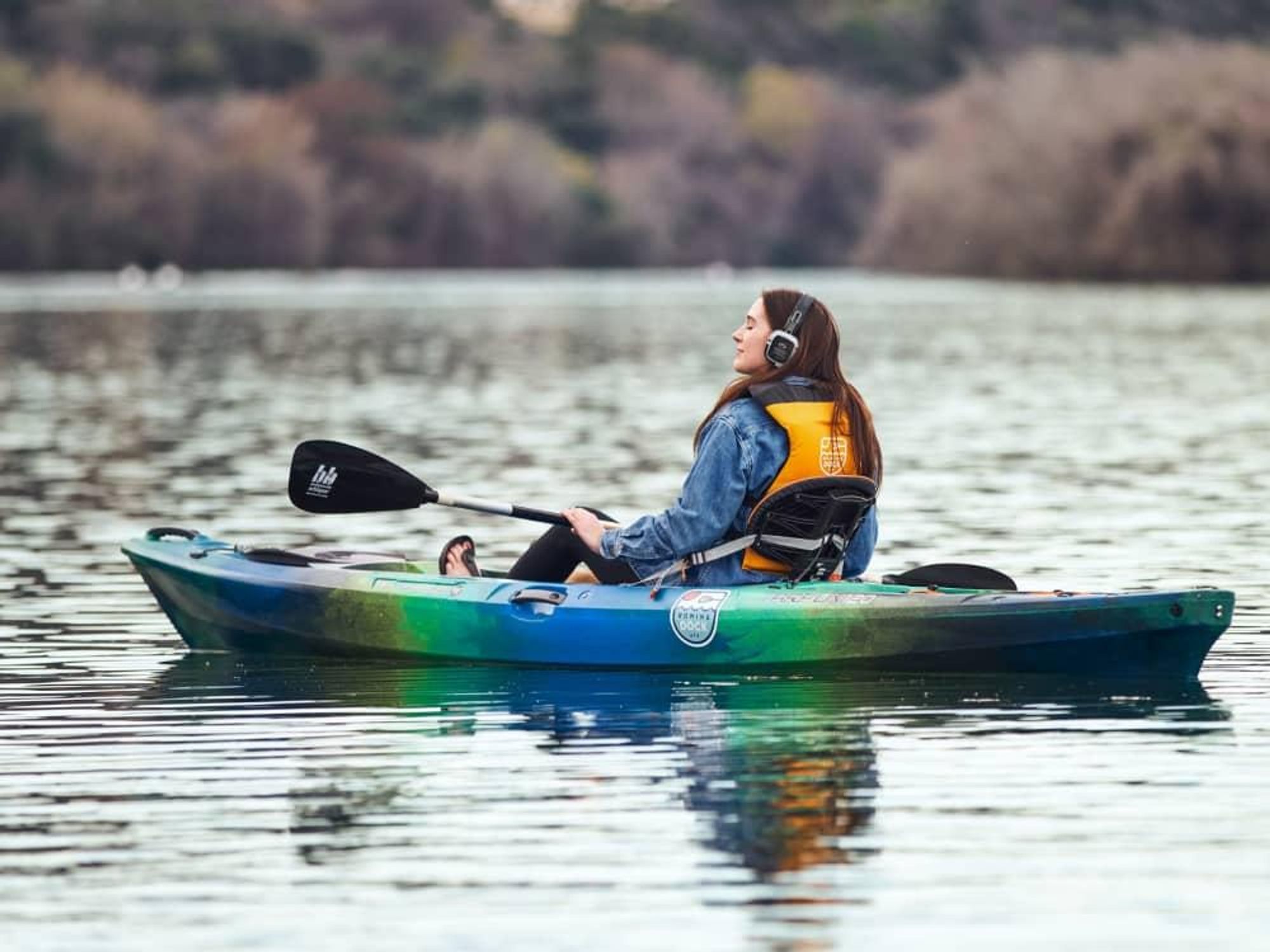
It turns out, travelers around the United States actually like fresh air. They don't mind driving a few hours out of town. They want to connect to Wi-Fi so they can work or learn, but they'd also be okay without it (eeeek!) as long as they're in a clean, safe place. And they really, really like Texas.
Those were some of the findings revealed by leaders of major travel brands in a December webinar reviewing 2020 travel trends and forecasting them for 2021.
Yes, people did travel last year, just not over long distances by planes and trains. They rented RVs and worked over Wi-Fi from the woods, drove to state parks and went camping — all in the name of flexibility and fresh air. And Texas continues to be a hot destination for all of it.
Here's where travelers are going and how they're getting there in 2021, the experts predict.
Destination: Texas
As evidenced by the number of hotels that opened in Texas' major cities last year, the Lone Star State is expecting some company in 2021. From Dallas' Thompson Hotel to Austin's Commodore Perry, new hotels are leaving the light on to welcome guests. Fort Worth was just named a top destination for 2021 by Travel & Leisure, in part because of a couple of buzzy new hotels expected to open this year.
But not everyone's heading to major cities or staying in hotels. Texas is also an expansive, wide-open place that can welcome campers any time of year.
Alyssa Ravasio, founder & CEO of camp-booking site Hipcamp, says Texas — filled from corner to corner with national and state parks — is expected to remain one of the brand's top destinations for unique outdoor stays during a "Southern migration" in early 2021.
It's a phenomenon that Jeff Hurst, CEO of vacation site VRBO, dubs "a super snowbird flock." Snowbirds are no longer retirees journeying south for winter — they're young professionals or entire families who now realize, thanks to COVID, that they can pick up their lives and work and attend school from just about anywhere.
So, 2020 vacation dollars that went unused for a family trip to a resort in Mexico might shift to a monthlong "flexcation" at a nice lake house in East Texas during the colder months.
"You're seeing a lot of people come to Southern states for an extended winter where they can actually work or potentially remote-school, and they're doing that in a nicer place where they're going to live for multiple weeks or a month," Hurst says.
On the move in RVs
RV booking site RVshare (which hosted the webinar), says their business tripled in 2020, and they don't expect the RV trend to slow down in the new year.
Houston and Fort Worth were among the company's top places for RV rental last year. In those cities, along with places like New York and Chicago, residents could wheel out of the big city and into a more remote location — but with their own bathroom — within an hour or two.
Dreams of an Airstream quarantine could come true in 2020 with the opening of places like The Range Vintage Trailer Resort about 35 minutes from Dallas.
“Ninety-three percent of travelers last year said they wanted to avoid a crowd," says RVshare CEO Jon Gray. "That drove them to RVing. When you take an RV, you bring your bathroom with you, you bring a kitchen and a bed with you. That gives you a nice sense of control over your stay."
RVers don't even necessarily have to drive the big vehicles anymore, as owners are now meeting renters and setting everything up themselves. "You show up, have a cool Airstream, and you're having a good time right there and not having to worry about towing it," he says.
Off-the-grid in the outdoors
While a record number of RVers discovered a "luxurious" camping experience that included a hot shower and high-speed internet, there were plenty that left the real world behind and went off the grid. Leigh Wetzel, CEO of camp booking-site Campendium, says the company saw a 41 percent increase in "boondocking," or off-grid, dispersed camping with no camper hookups or Wi-Fi.
“Off-grid camping locations saw an increase in 2020 because national parks were closed and people wanted to be distanced," Wetzel says. "Boondocking provides for the kind of camping experience that, when people think of camping, that's what they want."
Now that national parks are open again, two U.S. locations she predicts will be hot for off-grid camping are the Teton National Forest and Badlands National Park.
But closer to home, many Texas state parks offer reservations at dispersed camping sites, so travelers who arrive with nothing more than a hammock and firewood can at least have a place to go.
More than 40 million Americans are expected to camp in 2021, and campsites are becoming more diverse than ever. Buoyed by celebrities like honorary Texan Jay-Z, who just invested in Hipcamp, more than 50 percent of campers in the U.S. are now people of color, Hipcamp's Ravasio says.
"We all have this inherent love of nature and when you're out there and you can see animals and feel clean air and see stars and be around trees, you can't help but fall in love with it," she says. "There's something inside of us that awakens and once it's awake, you're not gonna want to go back."
'Do-over trips'
Whether they're off-grid camping, RV glamping, or renting apartments for extended flexcations, travelers shouldn't wait to book for 2021, the experts say. While about half the country says they won't be jumping back on long-haul flights or cruise ships any time soon, more than 80 percent of travelers who do plan to take trips in 2021 already have them planned, notes VRBO's Hurst.
Fortunately, most places now have flexible cancellation policies, making it easy to opt out when life gets in the way.
"Travelers are planning their ‘do-over trip’ that they did not get to take in 2020," Hurst says. "Part of emotional well-being and mental health is to have that thing you can dream about, whether that's a bucket-list trip or a do-over trip on something you missed out on in the chaos that was 2020."
